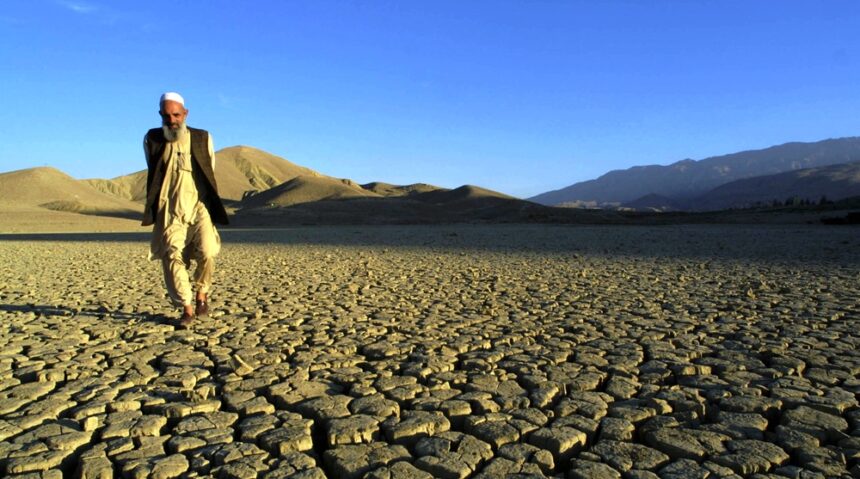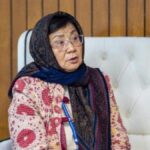deputy foreign minister of the IEA, says the use of bombs and chemical weapons during decades of war in Afghanistan has harmed the country’s environment.
Speaking at a National Climate Change Conference in Kabul on Wednesday, Stanikzai called on the international community and countries involved in Afghanistan’s wars to not politicize environmental issues and to cooperate with Afghanistan.
“Those harmful bombs, devices, chemical weapons, and explosives that were used here unfortunately still have visible effects. In many of our areas, landmines are buried, and their effects are being seen in the second generation today,” said Stanekzai.
He further stated that 80 percent of Afghanistan’s forests have been destroyed due to the wars and stressed that to overcome the current crisis, the country’s water resources must be managed, as Afghanistan is already facing a water shortage.
He said: “You can see that across all of Afghanistan, the water levels are dropping, and Afghanistan is facing a water shortage. If we don’t control our water, and if things continue this way, it will be detrimental to us, and a day will come when we won’t have any water to drink anywhere in Afghanistan.”
Meanwhile, Muti-ul-Haq Khalis, head of the National Environmental Protection Agency, stated at the conference that climate change is a global phenomenon, and addressing it requires joint efforts and cooperation. He called on the world to assist Afghanistan.
Deputy Minister of Economy Abdul Latif Nazari also stated: “Sanctions should be lifted, and restrictions must be removed so that institutions and organizations can cooperate more easily with our agencies, including the National Environmental Protection Agency, without facing
problems in financial transactions.”
In the meantime, the head of the United Nations Assistance Mission in Afghanistan, Roza Otunbayeva, said that UNAMA supports efforts to combat the effects of climate change in Afghanistan.
“I promise that UNAMA will support efforts to combat the effects of climate change. UNAMA plans to hold national and international meetings this year on climate change and its impacts in Afghanistan. I also urge UN agencies and NGOs to support these efforts with technical expertise and practical knowledge,” said Otunbayeva.
Currently, Afghanistan is the sixth most vulnerable country in the world due to climate change.













